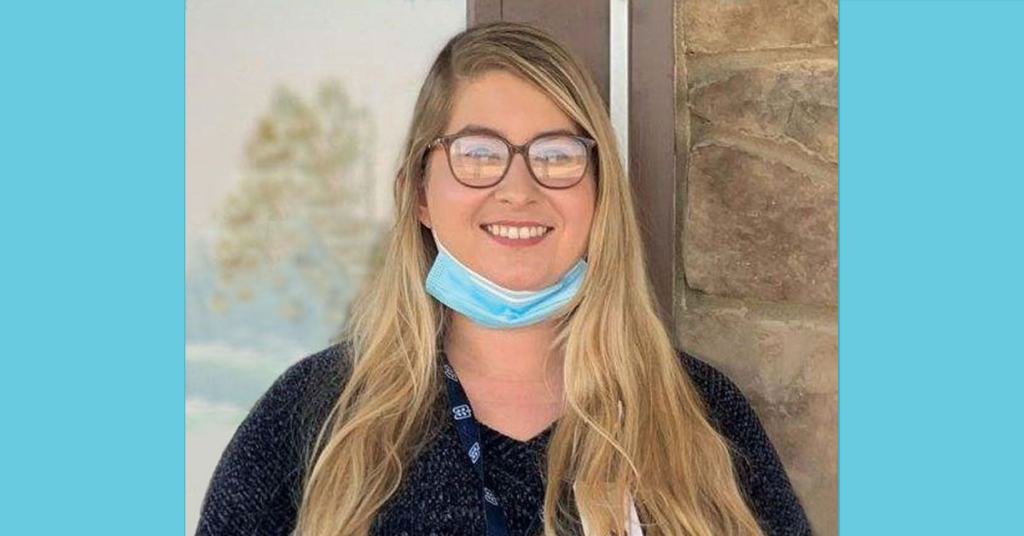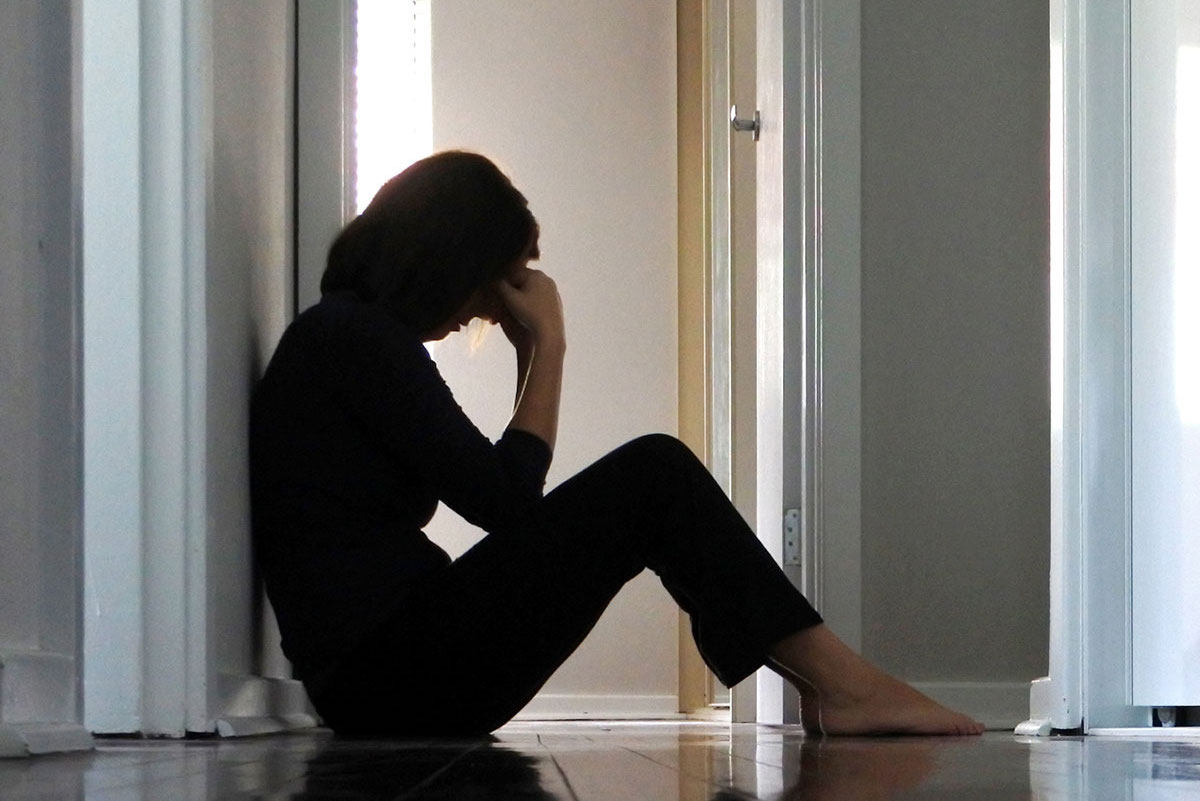On the Front Lines of Healthcare: A Conversation with a Behavioral Health Therapist
May 1, 2020
Tags:

This week, we asked Outpatient Therapist, Payton Schnarre, LSW, how her job has changed in light of the pandemic.
How did you choose a career as a behavioral health therapist?
Growing up, people always opened up to me at odd times or in unusual situations, and it felt like a natural choice to be a therapist because I wanted to help people on a deeper level. I never saw myself doing anything else. I started as an intern and then was hired full-time, and it’s been a great fit.
What is a typical day like for you?
I work with patients in the Partial Hospitalization Program (PHP), and my typical day begins with preparing material for my group; reviewing my schedule of tasks for the day; meeting with patients; facilitating group sessions; completing group notes at the end of the day; and, working on aftercare for my patients who are ready to leave the program.
How has your work changed?
The PHP program is now offered via tele-health, so I had to learn how to set up the groups, communicate with patients, and manage the sessions remotely rather than in person. I’m used to spending time face-to-face with people all day every day, but now I see many of them on my computer instead.
How is online therapy working?
Honestly, I wasn’t sure exactly how tele-therapy would work in the group setting, but I have been pleasantly surprised with the impact so far. We are able to process difficult emotions such as anger, fear, and sadness together online. I can successfully educate the group on new skills and coping techniques, and people are sharing and providing feedback to one another in the same way they did in person. There was definitely an adjustment period for us all, but we have been able to work out the issues as a team.
How are your patients benefitting from the addition of online therapy?
One patient that comes to mind was a young, female who started the PHP program the day before we changed to online therapy. She was having as many as three panic attacks every day, was not able to leave her room, and rated her anxiety at a level seven or above consistently. Generally, when someone has social anxiety they work through it by being physically present in the group room and working through the discomfort until it begins to lessen.
Over the next three weeks of online treatment, she began to participate in the group; shared her success stories with practicing the new skills she was learning; established healthy boundaries; and, improved her relationships. She did not experience any panic attacks after the first week in treatment and rated her anxiety consistently two out of ten or less. At that point, she began to give feedback to other group members. During her completion, she stated she never knew she could live without anxiety ruling her life, but the online program taught her how.
“Just because you are isolated right now, you are not alone.”
Another one of my patients was functioning well on his own until the stay-at-home order was issued by the state, and then he began to deteriorate due to the isolation. He called in and was assessed by phone and referred to my PHP group. He has begun to improve due to the community of the online group and feeling less alone.
Overall, so many people have expressed unmanageable levels of anxiety and fear, so they are relieved to receive treatment from the safety of their homes. Every day, we are being bombarded with information on the pandemic, and the group members with their individual points of view are able to process this in real time within the virtual group setting.
What would you say to someone who may be uncertain about when or how to seek treatment?
It’s definitely a confusing time for us all, but safety is always the most important factor. If you are having thoughts of self-harm, harm to others, or cravings, call us immediately. If you notice that you are simply not functioning in a healthy way, call us to talk. The initial assessment can be done by phone, and it’s a simple, private conversation with professionals who are there to help 24/7. Just because you are isolated right now, you are not alone.
What would you as a therapist say about the importance of behavioral healthcare overall in this difficult time?
Mental health and addiction issues don’t stop for life events, and certainly not for pandemics. The current climate has had a negative impact on our overall mental health, and behavioral healthcare is more important than ever. Being able to safely reach people in their homes and provide support is crucial, and thankfully we are able to meet this need with online therapy.
Learn more about our online therapy options here.





